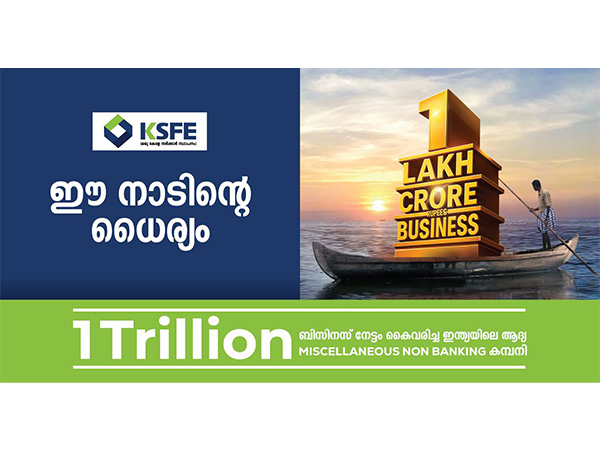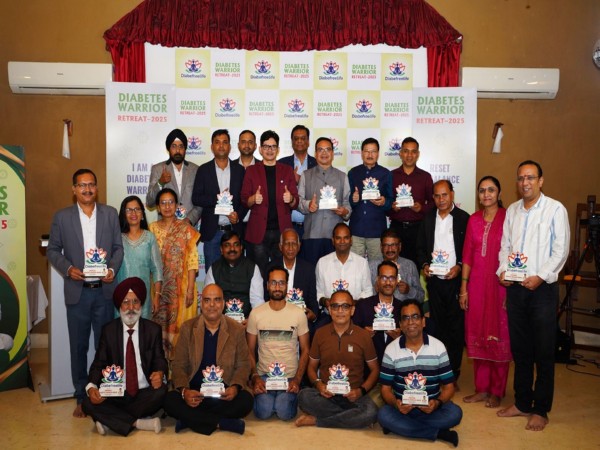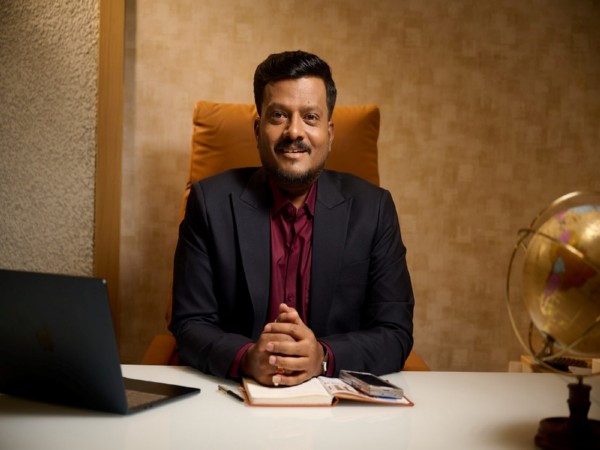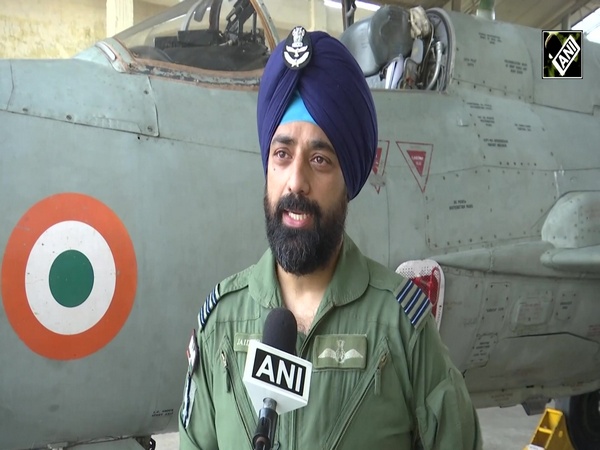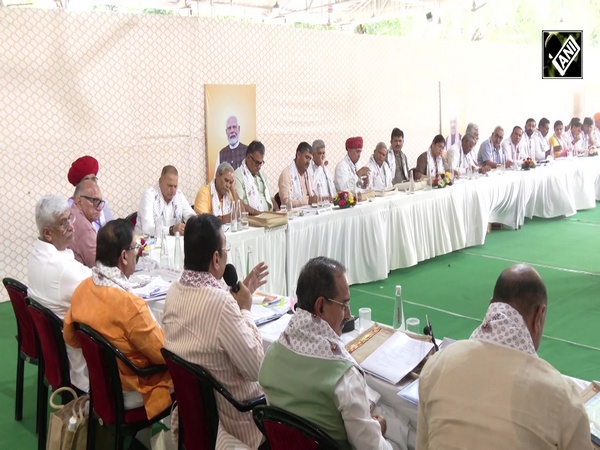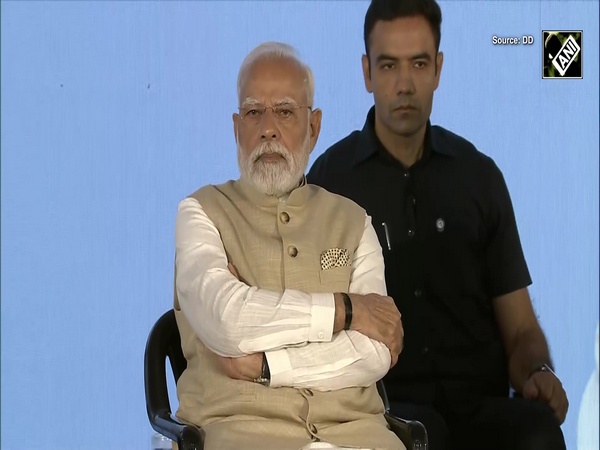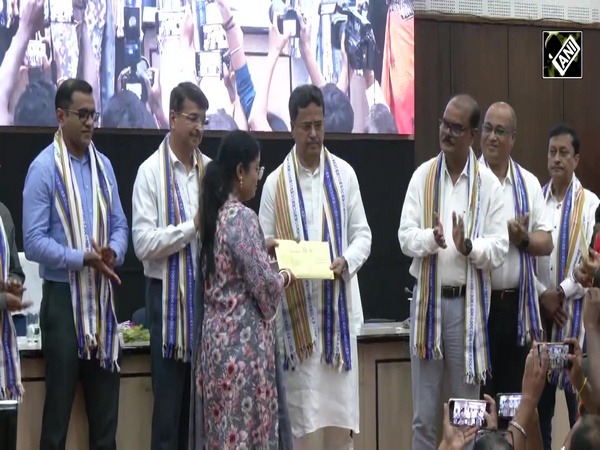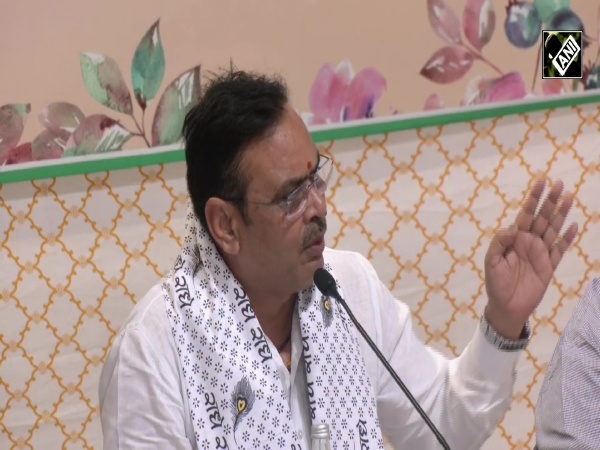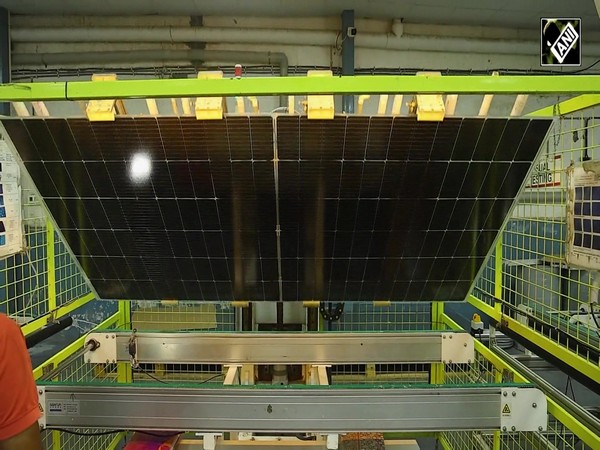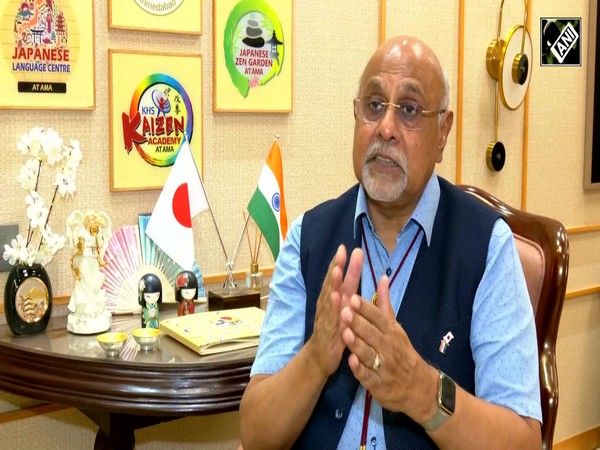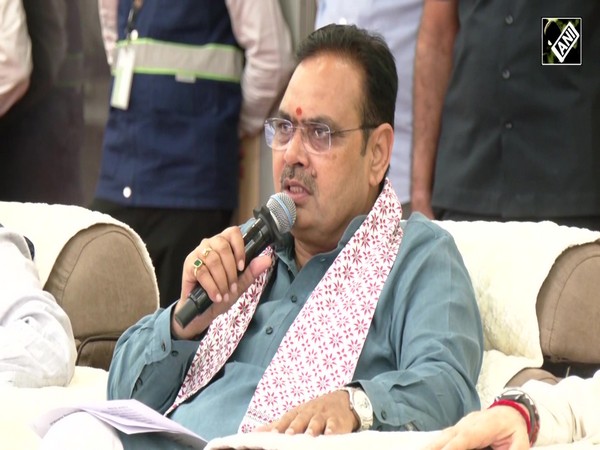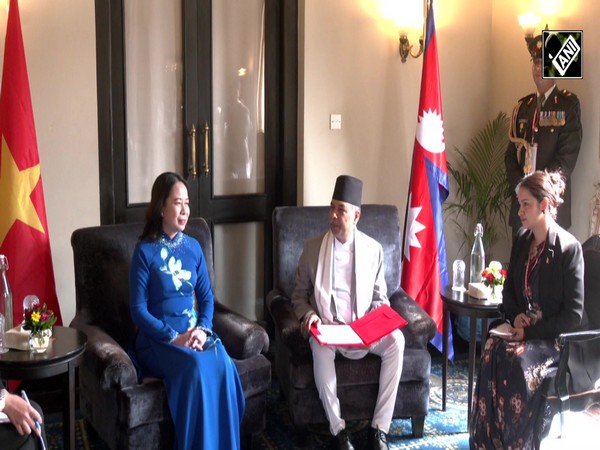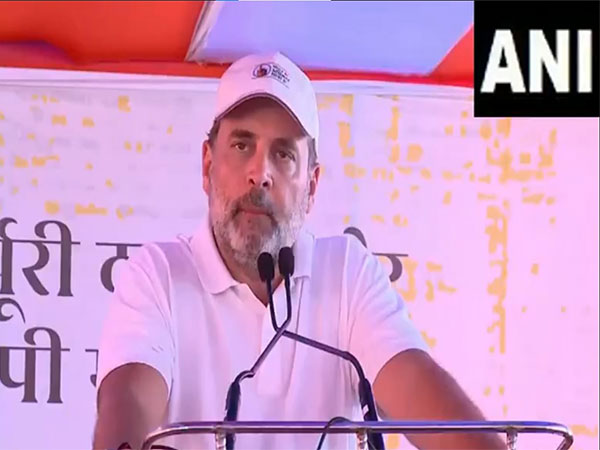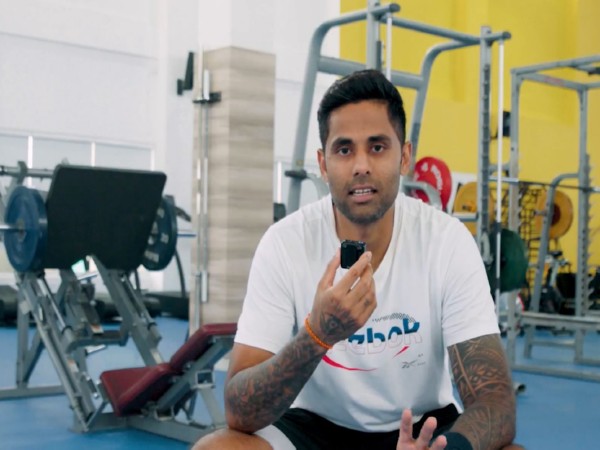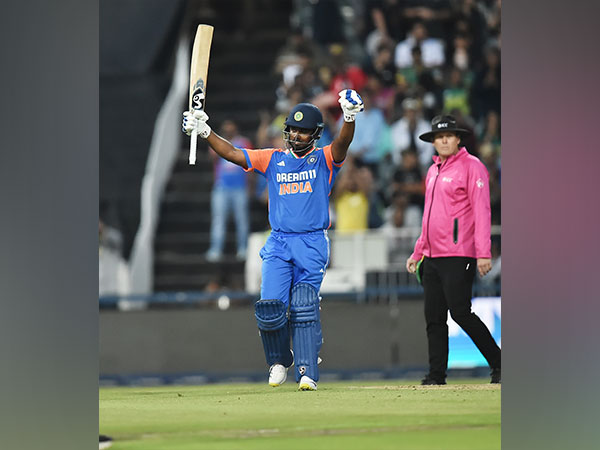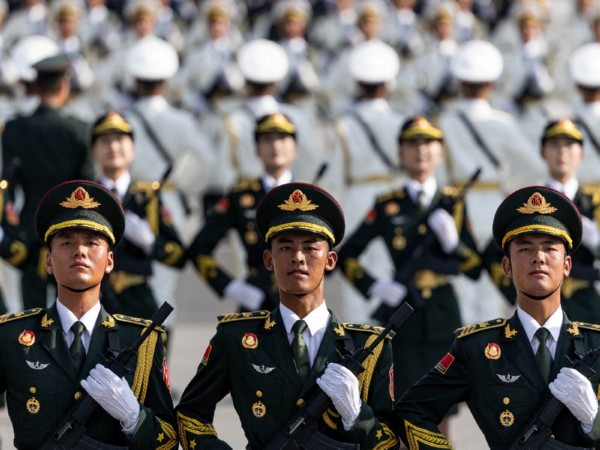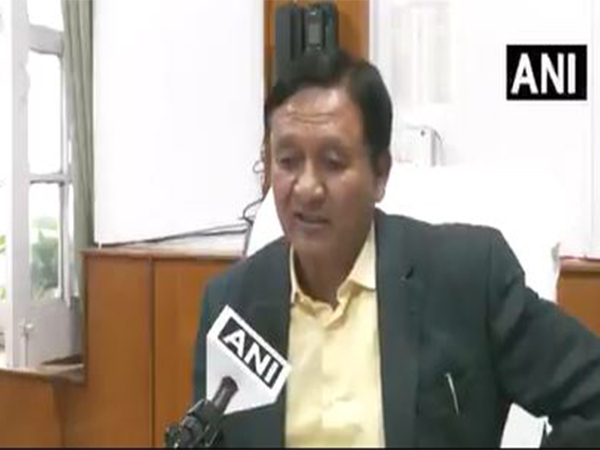
India, Cyprus to deepen cooperation as trusted, indispensable partners; prepare action plan to guide ties for next five years
Jun 16, 2025
Nicosia [Cyprus], June 16 : Prime Minister Narendra Modi and Cyprus President Nikos Christodoulides held wide-ranging discussions on bilateral, regional, and global issues on Monday with the two countries expressing their commitment to deepening cooperation "as trusted and indispensable partners".
A Joint Declaration made after talks between PM Modi and Cyprus President reaffirmed the strategic bond between the two countries with the two leaders agreeing that an Action Plan is to be prepared in order to guide bilateral relations for the next five years.
PM Modi's visit to Cyprus, the first by an Indian Prime Minister in over two decades, marked a historic milestone and reaffirmed the deep and enduring friendship between the two nations.
"The visit celebrates not only a shared history, but a forward-looking partnership, rooted in a joint strategic vision and mutual trust and respect," the declaration said.
PM Modi arrived in Cyprus on Sunday as part of his three-nation visit.
The two countries agreed to enhance trade, defence and technology partnership and establish direct air connectivity.
Both leaders noted with satisfaction the progress in ongoing bilateral cooperation and expressed confidence that the partnership will continue to flourish, promoting peace, stability, and prosperity across their regions and beyond.
Cyprus and India share a strategic vision of serving as bridges between regions. Both leaders underscored the significance of the India-Middle East-Europe Economic Corridor (IMEC) as a transformative, multi-nodal initiative that fosters peace, economic integration, and sustainable development.
Viewing IMEC as a catalyst for constructive regional cooperation, they reiterated their shared commitment to promoting stability in the Eastern Mediterranean and the wider Middle East and emphasized the importance of fostering deeper engagement and corridors of interconnection from the Indian peninsula through the wider Middle East to Europe.
While recognizing Cyprus' role as a gateway into Europe, they welcomed the prospect of Indian shipping companies establishing a presence in Cyprus, encouraging the advancement of maritime cooperation through joint ventures involving Cyprus-based and Indian maritime service providers as a means of further strengthening economic and logistical ties.
Looking ahead to Cyprus' Presidency of the Council of the European Union in early 2026, both leaders reaffirmed their commitment to strengthening EU-India relations. They recalled the milestone visit of the College of Commissioners to India, and expressed satisfaction on the launch of the first India-EU Strategic Dialogue and the progress already made in the priority areas identified during the visit including in trade, defence and security, maritime, connectivity, clean and green energy, and space.
Cyprus pledged to work towards the advancement of the EU-India strategic partnership during the Presidency. Both sides expressed readiness to support the conclusion of the EU-India Free Trade Agreement by the end of this year recognizing its significant economic and strategic potential. They also expressed their support for the ongoing work through the EU-India Trade and Technology Council and committed to sustaining a forward-looking agenda beyond the 2025 Strategic Roadmap to deepen this key global partnership.
Recognizing the growing strategic complementarity between Cyprus and India, the leaders committed to expanding economic ties through increased trade, investment, and collaboration in science, innovation, and research.
To advance cooperation, the two leaders noted they would welcome a Cypriot high-level delegation visiting India, including business representatives, as well as the organisation of a Cyprus-India Business Forum to promote investment opportunities. The two leaders also addressed the Cyprus-India Business Round Table on Advancing a Strategic Economic Partnership.
Both leaders agreed to promote collaboration in research, innovation, and technology, fostering stronger ties between startups, academic institutions, and industry, and supporting innovation exchanges in key sectors like artificial intelligence, digital infrastructure, and research, with a view of concluding a related MoU.
The two leaders recognized people-to-people ties as a strategic asset and multiplier for deepening economic and cultural ties. The two sides will work to finalise a Mobility Pilot Program Arrangement by the end of 2025.
Both sides emphasized the value of fostering mutual understanding through cultural and people-to-people ties. They agreed to explore opportunities for enhancing tourism and establishing direct air connectivity between Cyprus and India, as well as enhanced air routes via shared partners, to improve ease of travel and boost bilateral exchanges.
The two leaders underscored their shared commitment to peace, democracy, the rule of law, effective multilateralism, and sustainable development. They reaffirmed their support for a rules-based international order, grounded in the UN Charter and international law, placing particular emphasis on the United Nations Convention on the Law of the Sea (UNCLOS), with regard to freedom of navigation and sovereign maritime rights.
